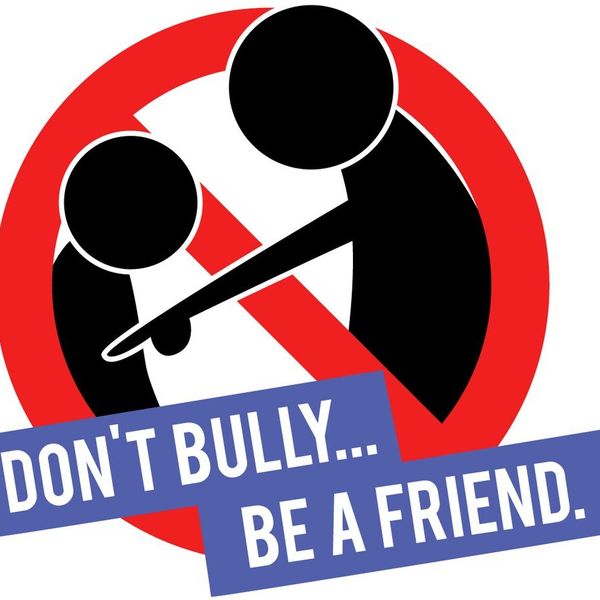League commissioners of professional sports need to start fining or even suspending players for the act of hazing. Players are fined for issues as simple as wearing a certain brand of headphones on camera. Every team has some sort of hazing for rookies and newly-acquainted players; some are minor and some are excessive. In some cases, those hazed deal with repercussions and usually no action is taken.
In one case, a team went out to a dinner party after the draft to welcome their new teammates. Afterwards, they left the bill to one of the rookies and dashed. The bill was upward of $30,000. This seems like a harmless act, for professional athletes that is. They get paid enough to pull pranks like this and it doesn't cause anyone financial damage. However, in another case, a Florida-based team tormented a younger player in a "joking" fashion until it started to cause intense emotional damage. The consequences should’ve been more severe. According to Mary McNarmara, a writer for the Los Angeles Times, in the younger areas of the sport, tackle football among 6 to 12 year-olds has declined by nearly 27% in the past seven years due to bullying (Read the article here).
Hazing, or otherwise known as bullying, also transitions into our schools and communities. With all that media has access to these days, any little thing that a team does, the public experiences it as well. Young children and teens see how players treat each other and it may give them ideas to haze their own teammates. A statistic from nobullying.com shows in 2007, 27.3 percent of all students grades K-12 were bullied in some way. In 2010, from bullyingstatistics.org, 2.7 million students, or one out of seven, were bullied by an average of two to three bullies. Bullying is an epidemic in the country and role models need to start setting a better example. Children look up to sport heroes, doing as they do. "Bullying continues to affect a great number of children in all age groups, with the highest prevalence observed in third and fourth grades, where roughly 22 percent of school children report that they are bullied two to three times or more per month," according to Clemson University.
Hazing can lead to mental and emotional disorders. The incident involving the Florida team ended in an individual being treated for emotional damage dealt by teammates. No matter how innocent the joke might be, it could do permanent damage to one’s emotional state. People bullied have are 2 to 9 percent more likely to commit suicide. On average, 160,000 students stay home every day in fear of bullies.
While bullying and hazing is a clear epidemic in our society, there is a simple solution and it starts with you: speak up. Most cases of bullying goes unnoticed because no one wants to step up and give notice of it. If you see someone being bullied, step in and stop it or find someone who can help. Children shouldn't be afraid of doing something they love in fear of being verbally, or physically attacked.





















